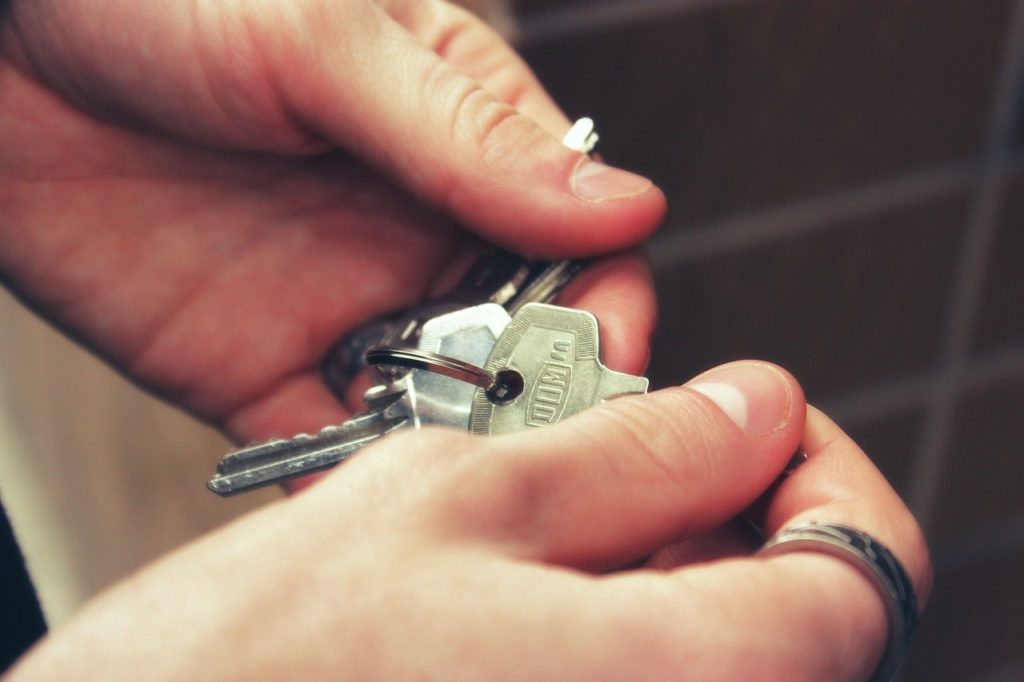Internet search engine Google has banned all ads from locksmiths appearing in search results in Belgium, the Netherlands, Germany and Sweden, the company announced.
The reason given is that most if not all ads appearing in search results are from unreliable or even crooked locksmiths who take advantage of those in need – someone who is locked out of the house at night, for example – to charge exorbitant prices for shoddy workmanship.
Whenever you look up a search term on Google, the results come together with a series of advertisements, paid for by the companies. Advertising is Google’s main business, and the sole reason it is able to provide free internet searches for names, words, images and more.
Companies pay dearly for the right to appear high on the list of advertisers that appears when you Google ‘locksmith emergency’, but that is no guarantee of quality.
The problem is one that has been a subject for discussion between the Flemish locksmiths’ union, Google and Eva De Bleeker (Open VLD), secretary of state for consumer protection. But progress on those talks has stalled, so Google at midnight last night stopped all ads for locksmiths on Belgian results.
"At the moment, all advertisements are banned,” De Bleeker told VRT radio. “Both those from rogue locksmiths and those from reliable locksmiths. Vigilance remains necessary, because rogue locksmiths can still appear in the regular search results.”
The minister and the union are now working on a certification system. Locksmiths would obtain a certificate based on signing up to a code of conduct and a proven knowledge of the business. And only those holding a certificate would in future be able to advertise.
The four countries were selected because the problem seems to be particularly acute there, a spokesperson for Google said. In the Netherlands, the country’s Centre for Crime Prevention and Security (CCV) has reported extensively on the problem.
“Typically, the first three pages of Google search results lead straight to scammers,” the organisation said last year.
While the ban lasts, the advice from the legitimate industry is to ignore Google and go directly to the website Bonserrurier or MijnSlotenmaker.
Alan Hope
The Brussels Times

